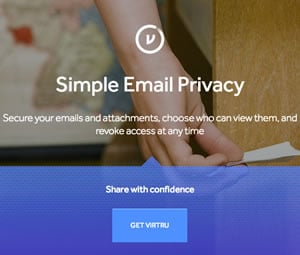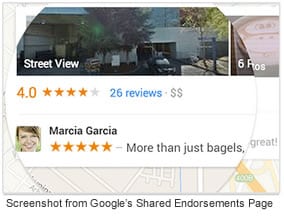Does your website need a privacy policy?
While your business may not need to have an elaborate, printed and mailed policy, it’s a good idea to clarify what data is being collected about your website visitors, and what your practice is with any data you collect. Having a posted policy helps build trust with visitors and demonstrates your concern with visitor and customer data security. Think of a website privacy policy is a much broader version of your email marketing signup “no spam” disclaimer.
Does your website need a privacy policy? Read More »



